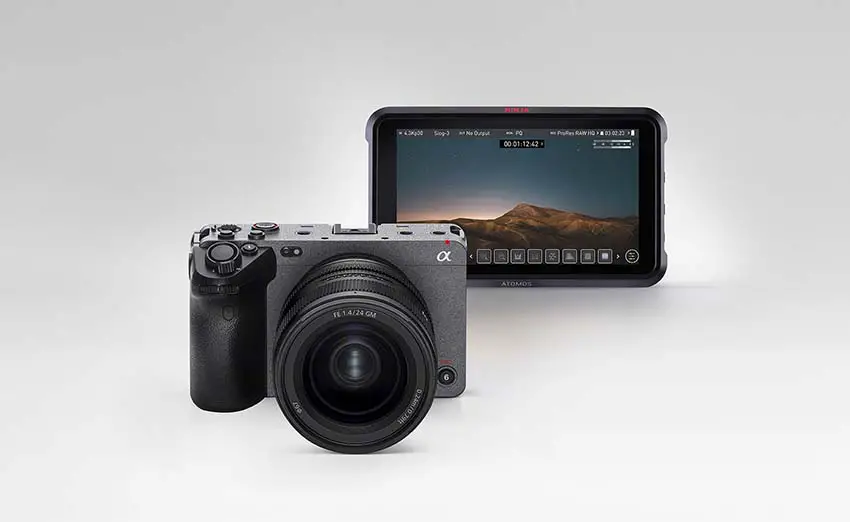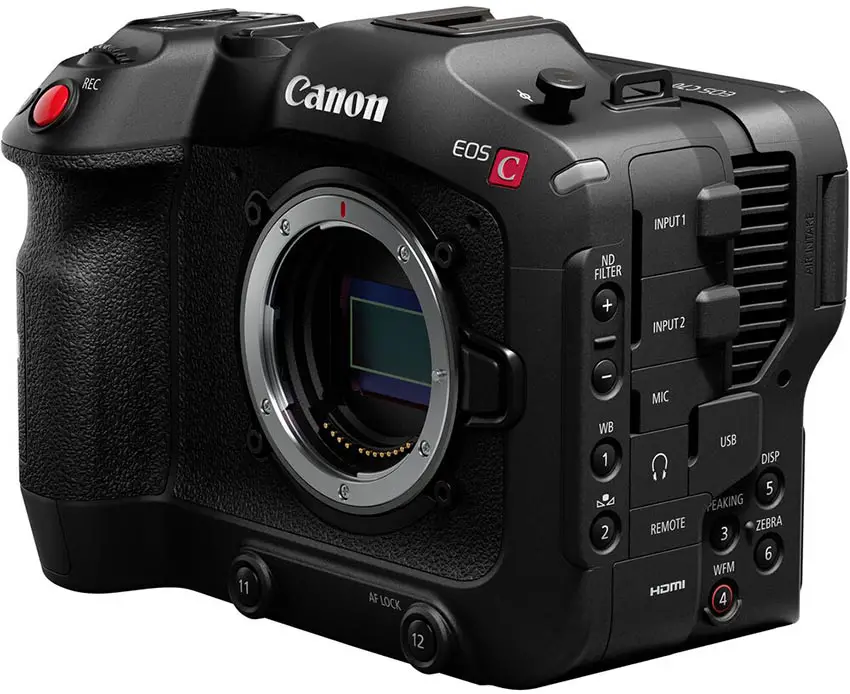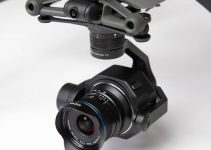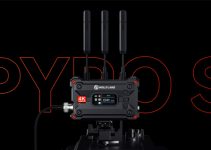Two of the “hottest” cameras in 2021 are the Sony FX3 and the Canon EOS C70. Both are newer compact cinema cameras that are relatively affordable. Plus, they have very good feature sets. Even will similar designs and form factors they have some very notable differences, and if you are shopping around for your next system some of these things can make a decision very tough.
Filmmaker Armando Ferreira worked together with Griffin Conway to put the FX3 and C70 up against one another in a side-by-side comparison. It’s so difficult to compare cameras today since everything is so good. Each has certain strengths and weaknesses, so it is definitely worth checking out.
Design and Build
Sony went with magnesium alloy for the FX3 and it feels solid. It also shares a similar form factor to the a7S III, though with the EVF chopped off, and is small and lightweight. Add on a top handle with two full-size XLR inputs and you have a very capable and durable rig.
Canon opted for a strong plastic – exactly like what you would find on a professional DSLR. The C70 emulates a lot of that mirrorless/DSLR design and would compare very well to a camera with a battery grip. It’s a little bigger than the FX3 and isn’t quite as easy to hold because of it.
Generally, both Armando and Griffin agree that the C70 seems a little less durable than other offerings from Canon while the FX3 seems to be more solid.
Image Quality
This might as well be a tie. Both cameras are incredibly good. The only main difference would be the sensor size if that is important to you. Sony packed a full-frame sensor into the FX3 while Canon stuck with a solid Super 35mm offering.
Internal recording is also well matched. Though, the FX3 does have a neat trick in being able to output raw video over HDMI to an Atomos Ninja V. This can come in handy. Interestingly, the Dual Gain Output design of the C70’s sensor did seem to give it an edge in recovering shadows and highlights compared to the FX3.

Image Credit: Atomos
One other thing is that the FX3 is limited to UHD while the C70 has true DCI resolutions.
For color profiles, the FX3 came out with S-Cinetone, a ready-to-publish image that tunes the colors to ensure good skin tones, color, and contrast. The C70 doesn’t have a similar profile, but it does allow you to load in custom LUTs and bake them in to your footage for great results.
Autofocus
A major shift in cinema cameras is advanced autofocus functionality. Both the C70 and FX3 have good systems. Canon’s Dual Pixel AF tech has been very well received. However, the C70 seems to be a touch less reliable than other Canon Cinema offerings. The FX3 was much more reliable when it came to focusing and has more features, like Eye AF. It’s an interesting point that gives an edge to the FX3.
The C70 is still very good when properly exposed and its Face Only mode is brilliant for shooting people.

Image Credit: Canon
Stabilization
This is very easily in Sony’s column. The FX3 has in-body stabilization as well as the ability to record gyro information to use Catalyst software to do extremely good digital stabilization. Canon does have some in-body digital stabilization that will crop in a bit more but provide a ready-to-edit file.
Compared side-by-side the FX3 wins out with better results in both modes.
Final Notes
Both cameras have unique features the other doesn’t:
- FX3 has external raw recording
- C70 can do DCI internally
- FX3 has full-size XLR vs the C70 having mini-XLR
- C70 has built-in ND filters
- FX3 is full-frame and C70 is Super 35mm
- C70 has more traditional cinema features and settings
- FX3 is $3,900 and the C70 is $5,500
Both are great cameras, so pick based on the features you find most important.
[source: Armando Ferreira]
Order Links:
- Sony FX3 Cinema Camera (B&H, Amazon)
- Canon EOS C70 Cinema Camera (B&H)
- Atomos Ninja V Recorder/Monitor (B&H, Amazon)
Disclaimer: As an Amazon Associate partner and participant in B&H and Adorama Affiliate programmes, we earn a small comission from each purchase made through the affiliate links listed above at no additional cost to you.




